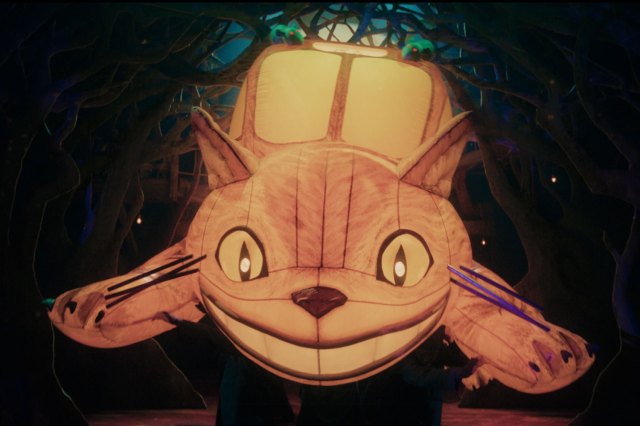The Only Way is Downton (Tour – Salford)
Dave Cunningham enjoys this parody but feels that the material and concept is too thin to justify the running time
Parodies of popular films or shows are common features in the repertoire of a comedian. They were a regular highpoint of the French and Saunders TV show. Writer and performer Luke Kempner uses his impressionist skills to introduce the concept as a live show without resorting to extensive make-up or props. However, extending the length beyond a simple sketch to a full-length show is not completely satisfactory.

Downton Abbey is facing hard times. His Lordship has lost a fortune unwisely investing in HMV, so is horrified by the possibility of further expense when his Dowager mother unexpectedly announces her engagement to a 20 year old. As the gentry try and forget their troubles by watching X Factor, the servants set out to raise cash by taking part in reality TV shows and sporting events.
Kempner overcomes the initial challenge – that, with a couple of exceptions, the actors in Downton Abbey are not recognisable by just their voices – by adopting their physical mannerisms and speech patterns. This is only partly successful – it ensures audience recognition but becomes repetitive, like a comedian parroting his catch phrase to get a quick laugh. As much of the show is built around reality TV, no matter how accurate the impersonation, anyone who has a life might struggle to recognise the subjects.
Although Kempner’s script satirises the weak points of his source material (the tendency of characters in Downton to set a time frame for the show by making contrived references to actual events) it is hard to give him credit for perception. The shows themselves are so close to self-parody it seems like he has picked very easy targets to be the butt of his humour.
Director Owen Lewis avoids the potential pitfalls that could arise from a sole performer and achieves a seamless production. One character sets up a straight line that bleeds directly into a punchline spoken by another. The conclusion, in which all of the Downton characters line-up to offer brief comments, is striking. But neither Kempner nor Lewis can resolve the fundamental problem that the material is simply not strong enough to support such a long show. The first Act is very padded with long gaps between jokes.
There is a significant improvement in the more focussed second Act. Kempner widens the scope of his satire to have a go at musical theatre with a show- stopping song cynically pointing out how tired old material can be given shiny, albeit superficial, appeal if set to music.
Kempner’s undeniable impressionist skills are not enough to ensure a fully entertaining evening. The satirical impact of The Only Way is Downton is limited by a lack of ambition in the subject matter. The humour in the show is spread thinly across an over-long running time.
The Only Way is Downton is currently on tour.
– Dave Cunningham












